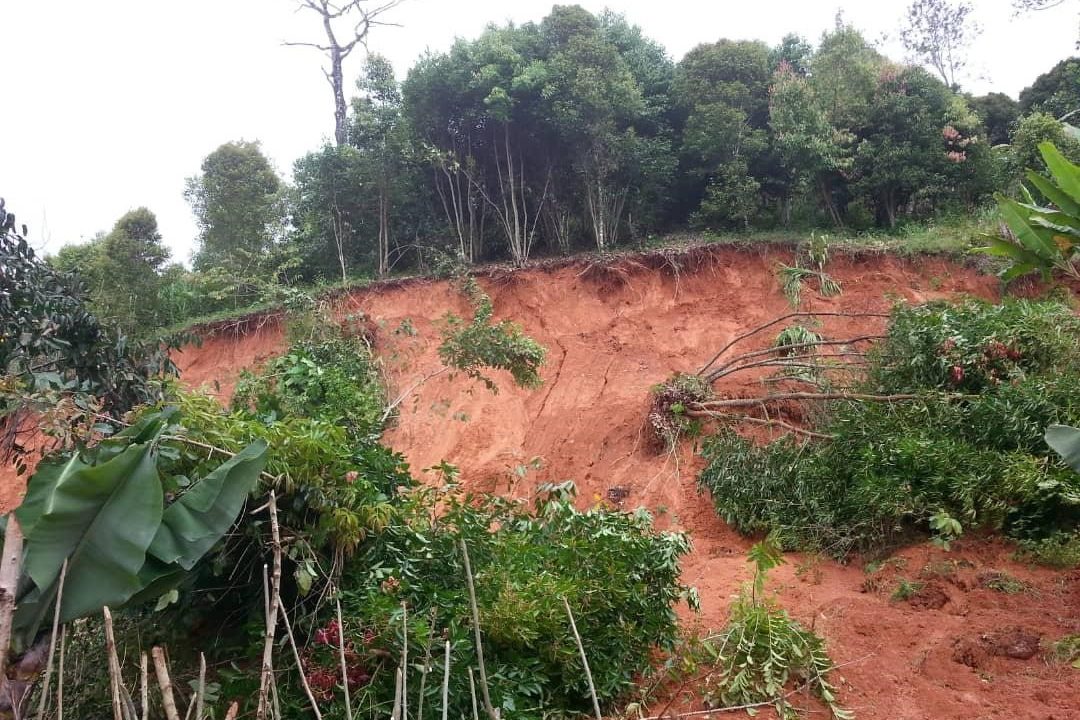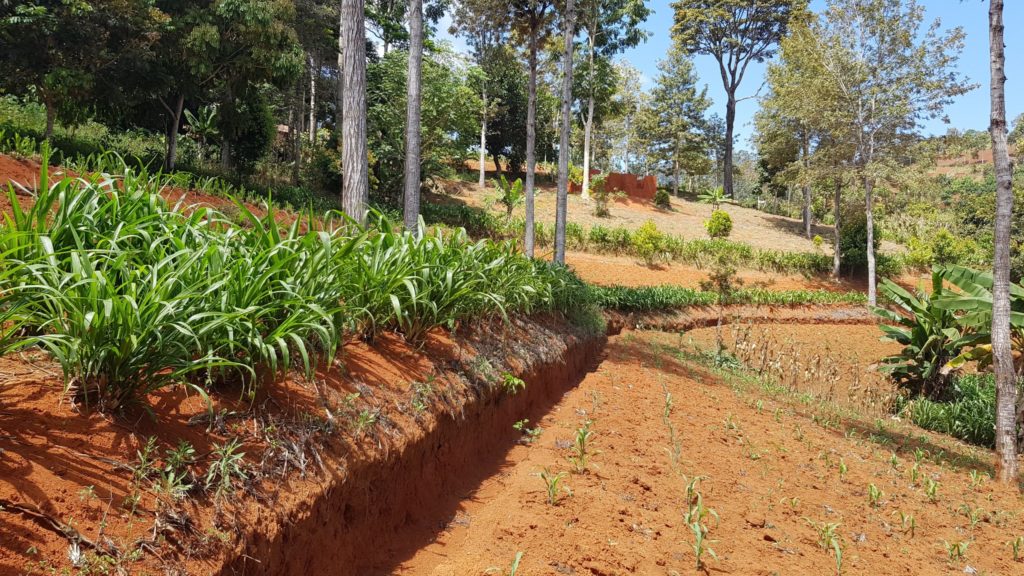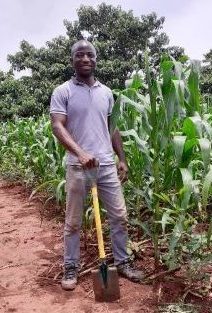By Dr Samuel Eze, Research Fellow of Soil Science of African Agricultural Systems at the University of Leeds
As I walked and discussed food production with a maize farmer during one of my fieldwork activities in Malawi, he said to me: “There is hunger in the land and the food provider, the soil, is seriously sick. We need to heal the soil if we are serious about having sufficient food for the population.”
What my farmer friend was referring to is known more commonly as soil degradation, a critical issue that needs to be addressed to build resilience into agricultural systems and achieve food security.
The food insecurity problem
Across sub-Saharan Africa, about 240 million people are undernourished and over 300 million are sliding towards undernourishment. Food production is currently lower than demand despite growing population that is expected to double by 2050.
It’s obvious that increasing agricultural production on the continent is necessary, but isn’t that what the farmers have been trying to do for years? Is there something they are not doing right?
We can debate the answers to these questions, but two things are clear. First, soil degradation in the forms of organic matter loss, fertility decline and erosion, is a serious constraint to agricultural production in Africa – over 60% of agricultural soils degraded in the last century. The situation has not improved as attempts to meet the growing demand for food has continued to lead to the intensification of practices that are not sustainable.
And second, Africa depends on rain-fed agriculture, which makes it vulnerable to climate change and extreme weather events such as heat stress, droughts and flooding. Climate change also enhances soil degradation, and with up to 90% of food production in Africa coming from smallholder farms, there is limited capacity for the current agricultural systems to withstand changes in climate and extreme weather events (see Figure 1).

Addressing soil degradation
Addressing soil degradation requires sustainable land management practices that improve soil health, which is the soil’s continued capacity to support various functions including agricultural productivity, climate change mitigation, flood mitigation, and water quality.
Climate-smart agriculture (CSA) is a set of land management strategies such as conservation agriculture (e.g. minimum tillage, organic mulching and crop rotation or intercropping), agroforestry and other soil and water conservation practices (e.g. establishing barriers across steep slopes), that are being promoted as a means of improving soil health.
Do CSA practices deliver the same benefits everywhere? The answer is no. This is because of the differences in site characteristics such as inherent soil properties and climate, thus, highlighting the need for evidence-based CSA recommendations, which are lacking across Africa.
Funded by UK Research and Innovation, the GCRF-AFRICAP project is working to build an evidence base on the impacts of already-implemented CSA practices on soil health in sub-Saharan Africa. Our recent study in Malawi shows that maize-based conservation agriculture (a combination of zero tillage, permanent soil surface cover with crop residues and crop rotation/intercropping) improves soil structure on sandy loam soils. In particular, we outline improvements in key functions such as water and nutrient retention and availability to crops, and reduction in organic matter loss.
Preliminary results from our ongoing soil work within the GCRF-AFRICAP project in the Tanzanian highlands, where we evaluate the impacts of soil and water conservation practices (e.g. contour barriers such as terracing across steep slopes (Figure 2), agroforestry and organic mulching) on soil health further demonstrate that CSA has the capacity to reverse soil degradation.

The way forward
As my Malawian farmer friend suggested, addressing soil degradation by recognizing the importance and mainstreaming soil health in national and regional land management policies across Africa will help to build more resilient agricultural systems and reduce food insecurity.
Although ongoing soil work within the AFRICAP project will provide further insights on what CSA practices work and where, more impact evaluation studies are desperately needed to identify suitable and sustainable practices, and to inform relevant policies on the continent.
Another important step will be to strengthen institutions in various African countries and local administrative regions that coordinate the activities of stakeholders involved in the promotion of suitable land management practices such as Climate Smart Agriculture. This will enhance the adoption of sustainable land management practices by farmers and ensure that soil health benefits are achieved on a large scale.
Webinar on 23 February
This research was presented at ‘Improving soil health through climate-smart agriculture’, a free webinar from the GCRF-AFRICAP seminar series. Read the webinar recap and Q&A, watch the recording, or download presenter slides.
Paper Information
Eze, S., Dougill, A. J., Banwart, S. A., Hermans, T. D. G., Ligowe, I. S. & Thierfelder, C. 2020. Impacts of conservation agriculture on soil structure and hydraulic properties of Malawian agricultural systems. Soil and Tillage Research, 201. DOI: https://doi.org/10.1016/j.still.2020.104639
About the Author

Dr Samuel Eze is a Research Fellow of Soil Science of African Agricultural Systems at the University of Leeds, UK, working on the GCRF-AFRICAP project , which seeks to build agricultural and food-systems resilience in sub-Saharan Africa. Samuel’s main research interest is understanding the impacts of agricultural land management practices, land use change and climate change on soil health.
Follow Samuel on Twitter: @SamNwaEze
